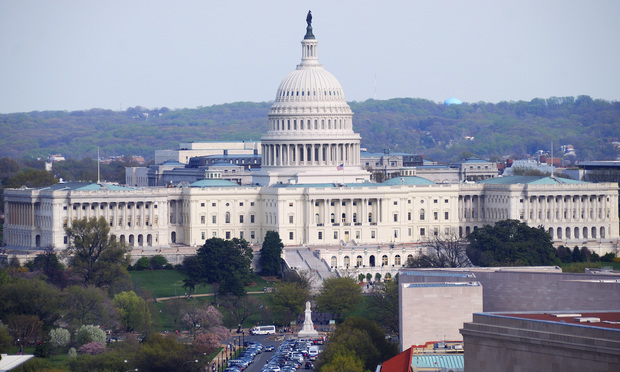Cybercrime has rocked everyone from enterprises to governments. Given this, it may come as no surprise that the topic of cybersecurity has become focal for legislators in 2015, culminating with the passage of the Cybersecurity Act of 2015 (CSA) as part of the Omnibus Appropriations Act signed into law by President Barack Obama earlier this month.
The bill attempts to encourage private companies to share information regarding data breaches with the federal government. It also expands network operators’ powers with regard to surveillance conduction to address cybersecurity issues. Since the bill was introduced last year, it has generated widespread controversy over its implications on privacy. The Center for Democracy and Technology has said that the act, which “risks turning the law it creates into a backdoor wiretap,” will have “unintended consequences” while doing “nothing to address conduct of the NSA that actually undermines security.” U.S. Rep. Zoe Lofgren (D-Calif.) said in a statement that she refrained from voting on the bill on account of its inclusion of an “extraneous provision purported to facilitate cybersecurity information sharing that – in effect – will function as a surveillance tool.”
This content has been archived. It is available through our partners, LexisNexis® and Bloomberg Law.
To view this content, please continue to their sites.
Not a Lexis Subscriber?
Subscribe Now
Not a Bloomberg Law Subscriber?
Subscribe Now
LexisNexis® and Bloomberg Law are third party online distributors of the broad collection of current and archived versions of ALM's legal news publications. LexisNexis® and Bloomberg Law customers are able to access and use ALM's content, including content from the National Law Journal, The American Lawyer, Legaltech News, The New York Law Journal, and Corporate Counsel, as well as other sources of legal information.
For questions call 1-877-256-2472 or contact us at [email protected]



